The schedule presented here is subject to change as the agenda is finalized.

« All Events
HIV Treatment Track, Session 3
May 31, 2024 @ 10:45 am–12:15 pm EDT

- Breaking Silos, Building Bridges: Utilizing Community-Academic Partnerships to Implement Equitable HIV Research
Given the role of research in influencing social change and the impact of health policy, stigma, and other social-structural factors on health, presenters will introduce a DC Center for AIDS Research (CFAR) model for community-driven research that is rooted in principles of equity and justice. Presenters will demonstrate how this model, developed by community partners and academic investigators, was applied to a DC CFAR funded Academic Community Partnership Award, “Faith, Spirituality and ART Adherence among Black women living with HIV”. Participants will discuss how such approaches can break down silos between communities, researchers and policy makers to foster health equity and advocacy.
- Empowering Primary Care Providers to Improve ART Selection With HIV-ASSIST
In this presentation, we will describe the HIV-ASSIST tool, a clinical decision aid for antiretroviral therapy (ART) prescribers, and an educational intervention from Clinical Care Options designed to improve the competence and confidence of primary care providers and other nonspecialists in making individualized evidence-based treatment decisions by increasing both awareness and optimized use of this tool. The availability of HIV-ASSIST as an app will allow learners to use it in real-time.
- Engaging and Linking Hard to Reach Populations in Care: Adapting and Responding to Emerging Needs of People Who Use Drugs
This presentation will include case illustrations and strategy examples from harm reduction as a set of public health interventions as well as a philosophy of care. Set in Southern West Virginia during “one of the most concerning HIV outbreaks in the country”, and also where low barrier harm reduction is illegal, we will unpack emerging stigma in Appalachian rural communities of people who use drugs, how public health fails to fill the gap in rural health care, and will identify where professionals and advocates in the substance use treatment and healthcare field can work to make changes in their communities using harm reduction theory and an expanded understanding of cultural competency.





